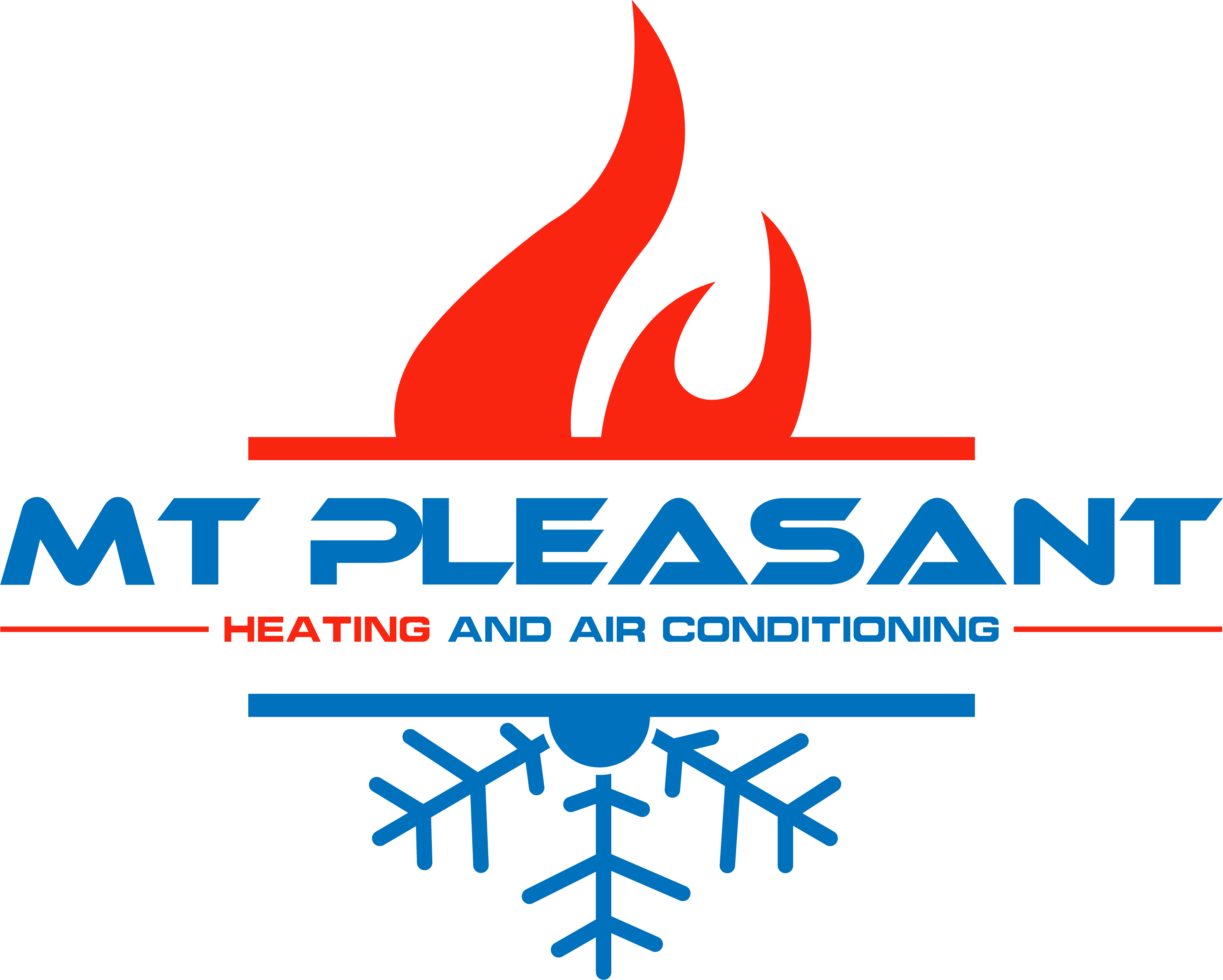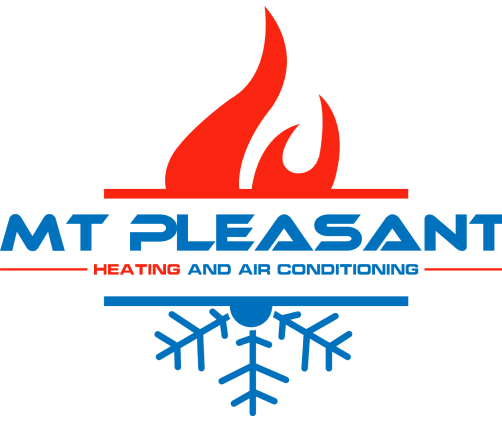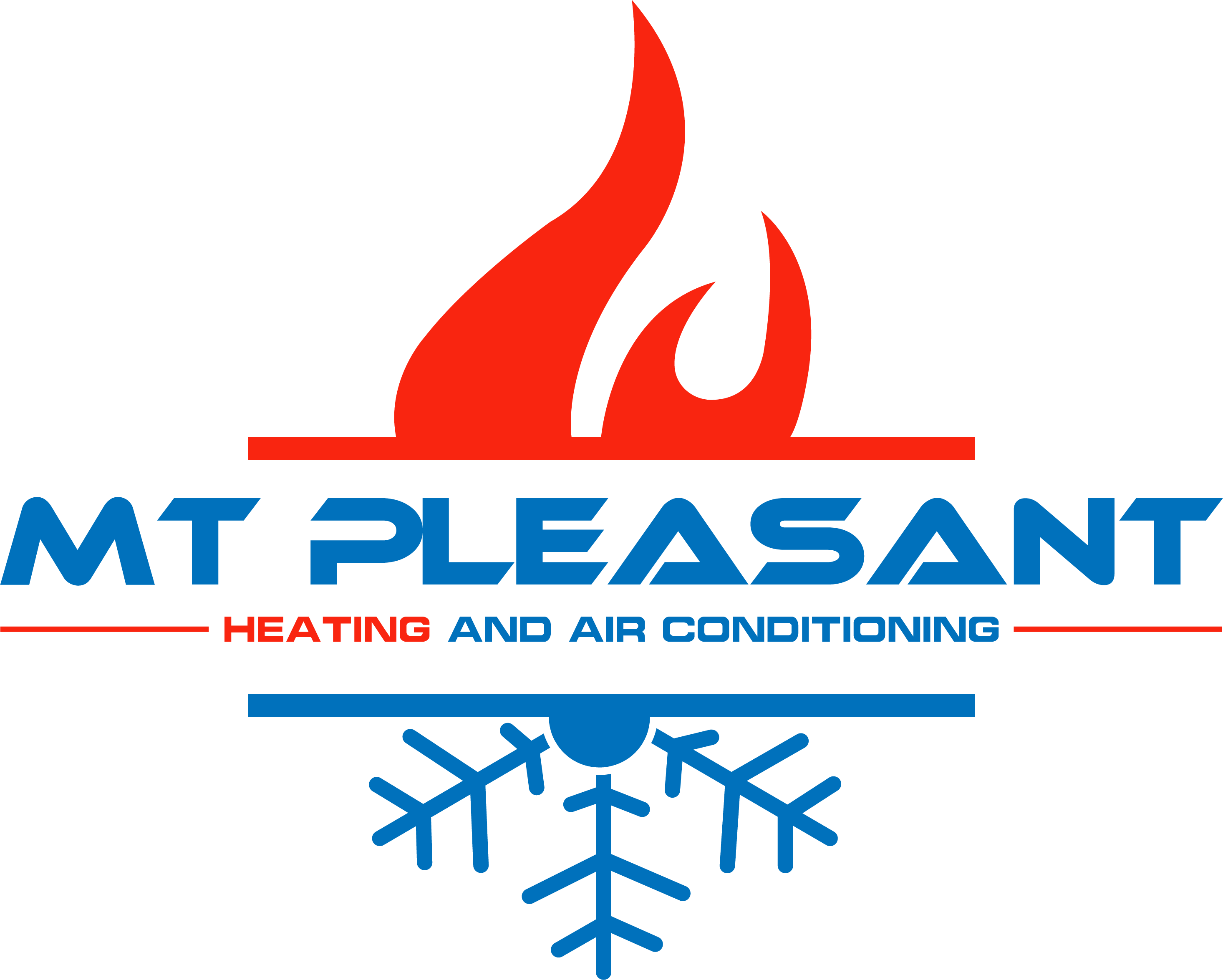What are Signs of Low Refrigerant in a Heat Pump
Is your place cold when it must be warm? Do you think something is wrong with your HVAC? There must be. Most probably, it has low refrigerant. It is a cooling fluid in the HVAC’s heat pump, keeping your place warm in winter and cool in summer. So, it is a big problem if it is inadequate. There are 5 low refrigerant symptoms you must notice and get fixed. Why Does the Refrigerant Get Low? Several reasons can make your heat pump low on refrigerant. Some may be: 5 Low Refrigerant Symptoms You Must Notice You can keep an eye out for these signs so you can remedy the issue asap. HVAC Turns On and Off Repeatedly It usually does that. However, it can switch on and off more than usual because of insufficient refrigerant. This is also called Short Cycling. It happens because low cooling fluid means: Low pressure for cooling means harder work for the heat pump. As a result, the system gets tired and shuts quickly. It can cause serious problems. Your system may shut down entirely if short cycling continues for a long time. So, you can either look for a leak or call an expert service to fix it for you. Hissing or Gurgling Sounds This low refrigerant symptom means two different types of problems. However, both can mean that the pump is leaking. Hissing means there is a gas leakage. The heat pump pressurizes the refrigerant to absorb and release heat. That pressure makes the cooling liquid escape through a leaking point as gas. On the other hand, gurgling means the liquid is leaking out. When the refrigerant leaks as a liquid, air bubbles form, making that sound. Ice Build-up Again, you can normally see it on your HVAC outer during the cold season. You must check if it does not melt within 30 minutes. Long-term ice build-up is one of the severe heat pump low refrigerant symptoms. It means there is insufficient refrigerant, which decreases the internal pressure of the pump. In turn, the liquid becomes so cold that it does not melt the ice. Your Place Isn’t Warm Enough That’s a serious low refrigerant symptom. Low warmth means uneven room temperature. Your heat pump helps the refrigerant to absorb heat from one place and release it into another. That’s how your place stays hot in chilly weather and cold in summer. You might keep increasing your HVAC’s temperature to no avail. You can pour soapy water on the heat pump to check if there is a leak instead. High Electric Bills It is the most unnerving of all the low refrigerant symptoms. Also, it is not because you run the HVAC for 12 hours daily. However, it can be if you run it longer than usual. If you get a high bill on your usual schedule, you should check the heat pump. Low refrigerant can make it work harder than usual, using more energy. As a result, your electricity uptake and bill increase. FAQs Does low refrigerant affect heat? Yes, it does. Your HVAC’s heat pump cannot properly absorb and release heat if the refrigerant is low, so it will warm your home later than it should. What causes low refrigerant temperature? A refrigerant leak can cause low temperatures due to corrosion or loose joints. Other common reasons can be a blockage in the evaporator coil, liquid line, or system pipe. If you think there is a problem, contact MT Pleasant Heating and Air Conditioning to get it checked. How do you detect refrigerant loss? You can detect refrigerant loss by looking thoroughly for low refrigerant symptoms like ice build-up, short cycling, or unusual sounds. You can use the Soap Bubble Test, too. Pour soapy water where you think there is a leak. You will see bubbles in case of a leakage. Alternatively, you can call an expert for a thorough system check. Conclusion You might notice a drop in room temperature or a rise in your electricity bill as low refrigerant symptoms. Leakage or dirt can make your HVAC’s heat pump low on this cooling liquid. Besides, you may hear odd sounds coming from the pump. Don’t slack. Call us at (843) 936-0137 to book the earliest visit.
What are Signs of Low Refrigerant in a Heat Pump Read More »




